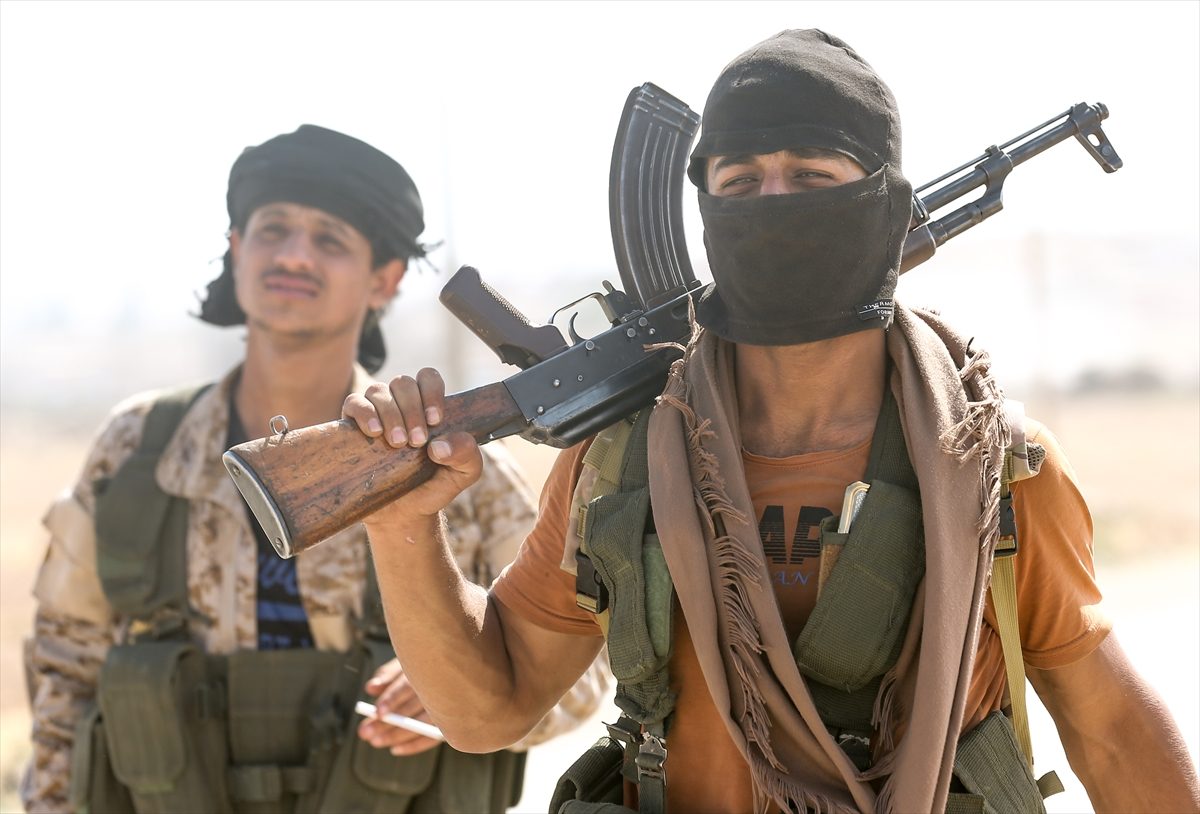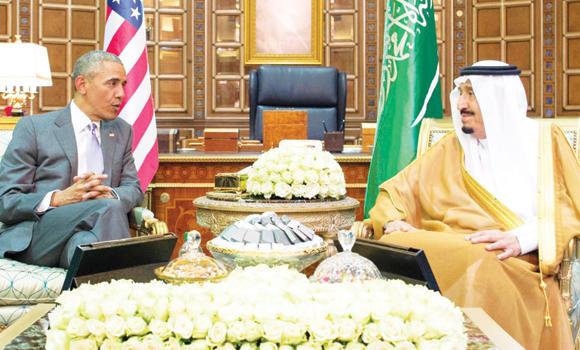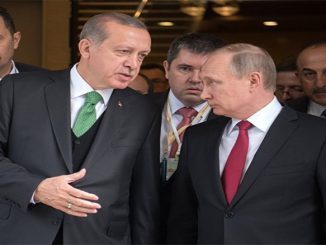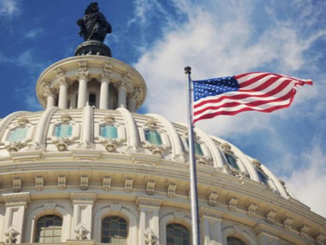
Russia’s Defense Ministry said Thursday the United States was not fulfilling its obligations under the Syrian ceasefire agreement as Moscow and Washington pointed fingers at each other for violating what had appeared to be a peaceful lull in fighting.
Under the ceasefire agreement, made by US and Russia who back opposing sides in the five-year-old war, a nationwide truce from sundown on Monday was promised,as well as improved access for humanitarian aid and joint military targeting of hardline Islamist groups.
The truce has broadly held since taking effect on Monday although the Russian-backed Syrian army and rebels have accused each other of many violations.
In a statement, the Russian ministry said that US-led “moderate opposition forces” had increased the “number of attacks on residential neighborhoods,” claiming at the end of the deal’s third day that “only the Syrian army observes silence mode.”
“From the first minute Russia’s been meeting its obligations to enforce the cessation of hostilities in Syria,” the Defense Ministry said.
“At the same time we’re puzzled by the statements made by various representatives of the US State Department and the Pentagon about the prospects of Russia fulfilling the agreements reached on Syria.
“Moreover, it seems that the goal of Washington’s ‘verbal veil’ is the intention to hide non-compliance with its part of the obligations. First of all, on the separation of forces of ‘moderate opposition’ and terrorists.”
US State Department spokesman Mark Toner acknowledged Wednesday that the situation hadn’t been perfect.
“We’ve seen violations by both sides,” he said, adding, “we’re continuing to monitor this very closely.”
What if the ceasefire broke down?
Under the terms of the deal, if the peace holds for seven days, Russia and the United States will establish a Joint Implementation Center for cooperation on military operations in Syria targeting terror groups.
The Syrian government then would be barred from conducting air operations in those areas.
But if that cooperation falls apart, a whole new set of problems could confront the United States, according to retired Lt. Col. Rick Francona, a military analyst.
“We’re going to be revealing sources and methods — there’s no way to get around that,” Francona said.
“They’ll be able to see where we believe — and where we will know — that those opposition groups that are allied with the United States are, because we’re going to put them on a ‘do not bomb’ list. But I guarantee you … that list is going to Damascus very, very quickly. And if this agreement fails, the Syrian air force will know where to go to kill all of those rebels that we’ve been supporting.”



